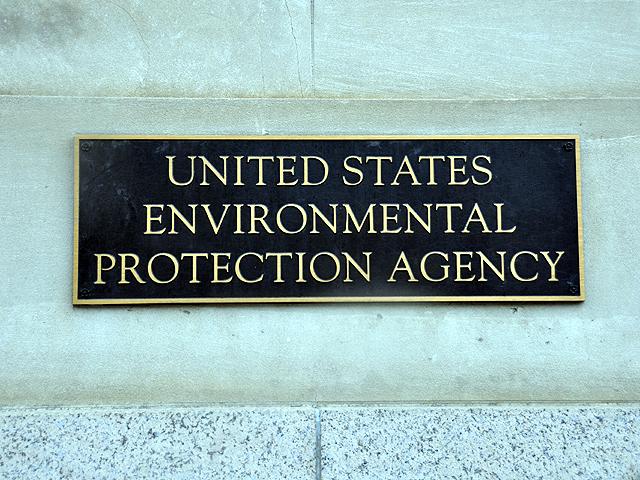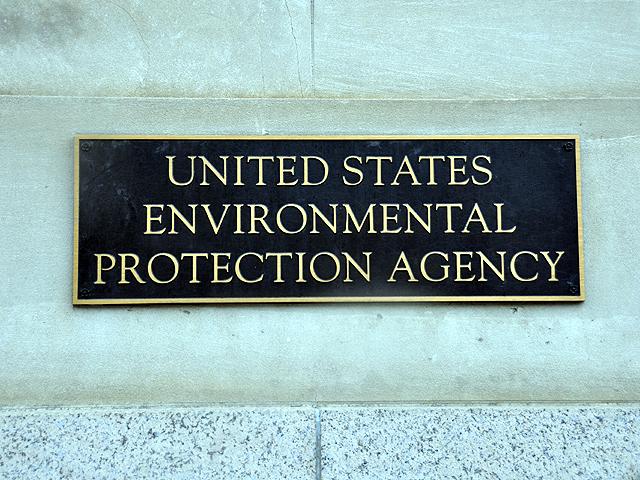Ethanol Blog
Growth Energy Petitions DC Circuit Court to Reconsider Small-Refinery Exemptions Ruling
LINCOLN, Neb. (DTN) -- Ethanol interest group Growth Energy argues a federal appeals court erred in overturning the denial of 105 small-refinery exemptions by the U.S. Environmental Protection Agency and also in denying Growth Energy's standing in the case, in two petitions with the U.S. Court of Appeals for the District of Columbia Circuit last week.
In July the court issued a two-page judgement on an opinion that was sealed for seven days, siding with refining companies in their legal challenges to the Renewable Fuel Standard.
Growth Energy last week asked the court for a rehearing en banc, which means before all of the judges on the DC circuit. In that petition Growth Energy argues the panel "erroneously dismissed for lack of standing" the group's intervention in the case. Refining companies argued the EPA violated the RFS in reversing their exemptions.
Growth Energy argues among other things that by cancelling the RFS obligations the EPA allowed 1.63 billion RFS credits to remain available to meet blending requirements for future years.
"Refineries will inevitably use those credits instead of buying additional renewable fuel and some of those lost sales will almost certainly involve Growth Energy's members because ethanol is a predominant renewable fuel and Growth Energy's members make most of that ethanol," the group said in one petition.
In a second petition, Growth Energy asks the court to correct what the group said are errors in the decision that vacated EPA's action on the exemptions.
P[L1] D[0x0] M[300x250] OOP[F] ADUNIT[] T[]
"The court erroneously vacated the denials," the group said in a court filing.
"First, the court held that the statute does not require that RFS compliance be the 'sole cause' of DEH (disproportionate economic hardship). The problem with that conclusion is EPA did not apply a 'sole cause' requirement. EPA actually required that RFS compliance be the 'but for' and proximate ('direct') cause of the DEH. The court should correct its misapprehension of EPA's position and hold that EPA's interpretation is the best reading of the statute."
Secondly, Growth Energy asked the court to reverse its decision that found EPA's "cost-passthrough finding" arbitrary because it "contradicted a prior EPA statement without explanation and contradicted evidence indicating that refineries could not always buy RINs (renewable identification numbers) contemporaneously with their fuel sales. That ruling misunderstood the issues and overlooked significant contrary record evidence."
Refining companies have argued they need small-refinery exemptions because they are harmed by increased costs to comply with the RFS.
The EPA and biofuels groups maintain the costs of compliance are passed on to consumers at the pump.
In April 2022, the EPA revoked 36 SREs granted by the Trump administration for the 2018 compliance year. In June 2022, the EPA announced the denial of 69 exemption requests.
At that time, however, EPA offered most refineries an alternative way to comply with the RFS that wouldn't require the companies to make up for the 1.4 billion gallons of biofuels or compliance credits originally exempted.
There were 32 cases filed against EPA on the Biden administration's decision and consolidated by the court in one group, while six other cases were consolidated in a second group.
Read more on DTN:
"Court Vacates Biden on RFS Exemptions," https://www.dtnpf.com/…
Todd Neeley can be reached at todd.neeley@dtn.com
Follow him on social platform X @DTNeeley
(c) Copyright 2024 DTN, LLC. All rights reserved.






Comments
To comment, please Log In or Join our Community .